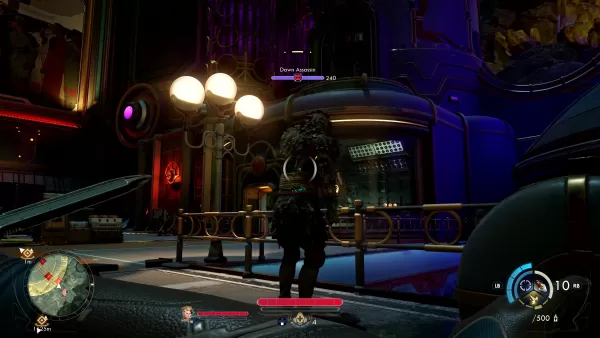Former BioWare developers have criticized EA's assessment of Dragon Age: Dreadwolf's underperformance and subsequent restructuring of BioWare. EA CEO Andrew Wilson attributed the game's failure to not resonate with a broad enough audience, suggesting a need for "shared-world features and deeper engagement" alongside strong narratives. This sparked debate among former BioWare staff.
EA's financial report revealed that Dragon Age: Dreadwolf engaged only 1.5 million players, significantly below projections. The game's troubled development, including layoffs and departures of key personnel, has been well-documented. Reports suggest BioWare staff considered the game's completion a miracle after EA's initial push for live-service elements was later reversed.
David Gaider, former narrative lead on Dragon Age, criticized EA's conclusion that the game's failure stemmed from a lack of live-service elements, calling it short-sighted. He argued that EA should instead focus on the aspects that made the franchise successful in the past, suggesting they emulate Larian Studios' success with Baldur's Gate 3, a predominantly single-player RPG with optional multiplayer.
Mike Laidlaw, another former Dragon Age creative director, expressed stronger dissent, stating he would resign if pressured to fundamentally alter a successful single-player IP into a purely multiplayer experience. He highlighted the inherent conflict between the core appeal of a beloved single-player game and a forced shift to a multiplayer model.
The restructuring of BioWare, resulting in significant staff reductions, signals a shift in focus towards Mass Effect 5. EA's CFO, Stuart Canfield, acknowledged the evolving industry landscape and the need to prioritize high-potential projects, explaining the decision to reallocate resources. The future of the Dragon Age franchise remains uncertain following these events.




























